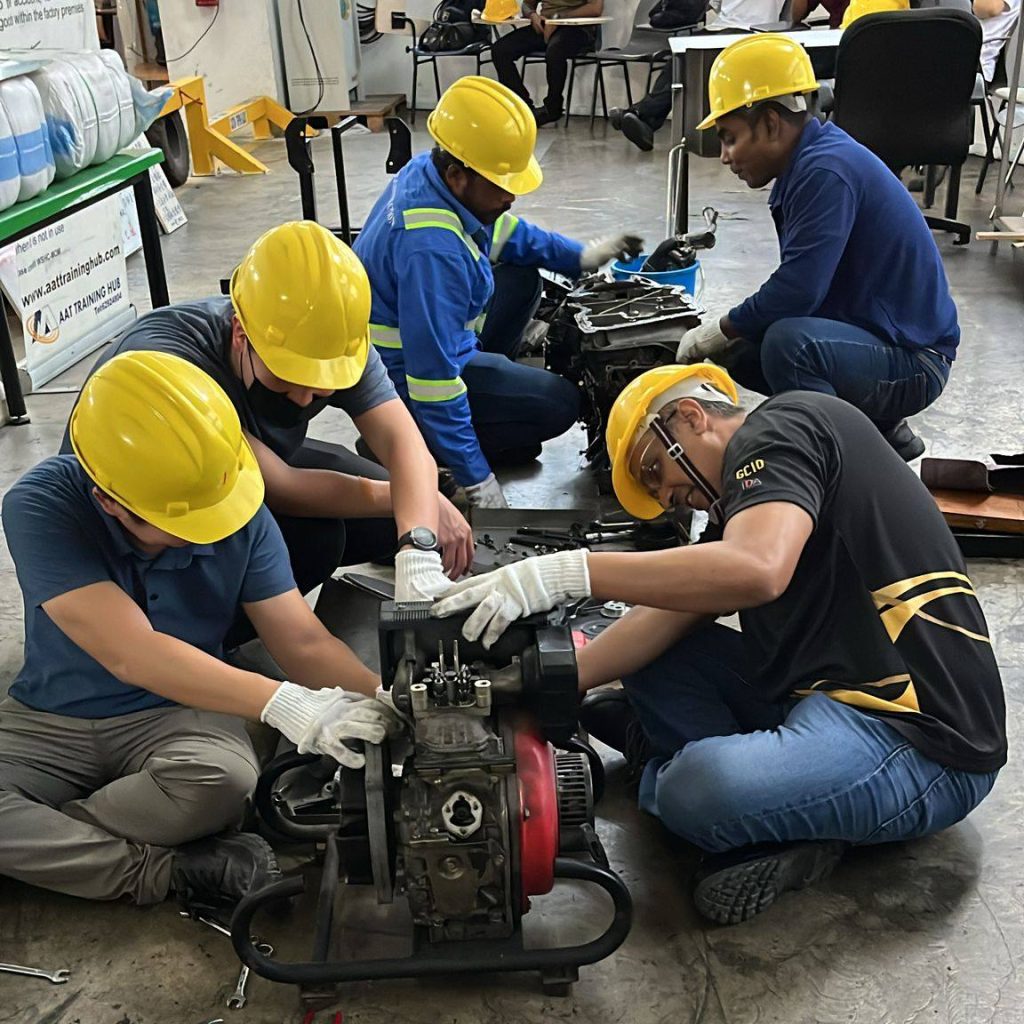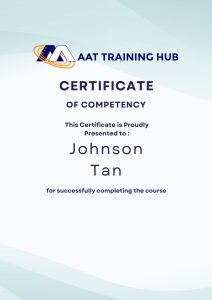Certification
Upon fulfilling the course requirements with a minimum attendance rate of 100% and demonstrating proficiency in the assessments, candidates will be awarded a
- Certificate of Completion from AAT Training Hub
This Diesel Engine Maintenance course is designed to equip engine workers with the essential skills and knowledge needed to perform their roles effectively.
Through a combination of theoretical learning and hands-on practical sessions, participants will gain a strong foundation in diagnosing, maintaining, and repairing engine components.
The course emphasizes industry best practices, safety protocols, and troubleshooting techniques, ensuring that workers can confidently handle real-world challenges in their field.
By the end of the program, participants will be well-prepared to enhance operational efficiency, minimize downtime, and contribute to the overall reliability of engine systems.
Apply the different types of repair procedures
Able to demonstrate competency in techniques for targeting and determining malfunctions and defects
Able to apply engineering processes and workflows
Workshop/Maintenance staff from any industry
Candidates are reminded to bring their own safety shoes for practical training sessions.
All tools and equipment will be provided during the course

Duration: 24 hours
(3 days – 9am to 6pm)
Language: English
Location:




Upon fulfilling the course requirements with a minimum attendance rate of 100% and demonstrating proficiency in the assessments, candidates will be awarded a
Workshop/Maintenance staff from any industry
Upon successful completion of the course, you will receive
You can:

The Engine Maintenance Course is highly important for workshop staff as it provides them with the technical expertise and practical skills required to ensure efficient and safe engine operations. Here’s why it matters:
1. Enhances Technical Knowledge
Staff learn engine components, functions, and troubleshooting techniques.
Understand various types of engines and their maintenance requirements.
2. Improves Efficiency and Productivity
Reduces diagnostic time with structured troubleshooting approaches.
Helps in quick identification and resolution of engine faults.
3. Prevents Costly Repairs and Downtime
Regular maintenance minimizes breakdowns and costly repairs.
Prolongs engine lifespan and improves overall performance.
4. Strengthens Safety Awareness
Trains staff in handling tools and equipment safely.
Reduces risks of accidents, injuries, and workplace hazards.
5. Increases Workplace Competency
Equips workers with industry-relevant skills, making them more valuable.
Encourages best practices in engine servicing and maintenance.
6. Ensures Compliance with Industry Standards
Staff are trained to follow manufacturer guidelines and regulatory standards.
Improves adherence to workshop safety and environmental policies.